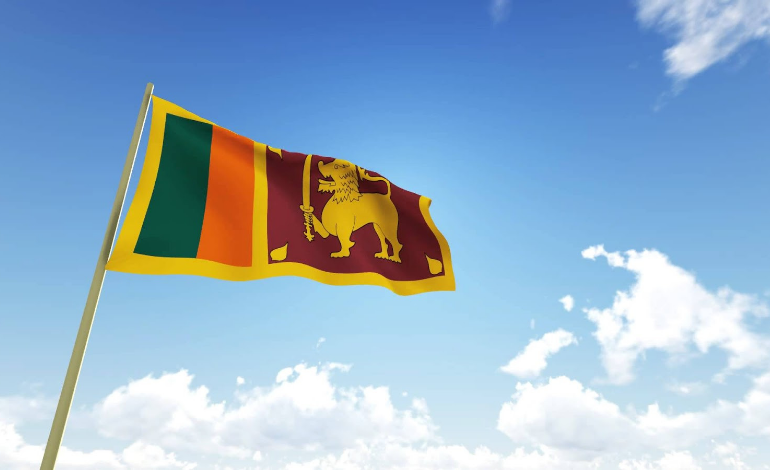Ranil Wickremesinghe, Sri Lanka’s newly appointed prime minister, took over the finance ministry on Wednesday as part of his efforts to find a way out of the country’s dire economic and political crisis

Wickremesinghe was sworn in as the new minister of finance, economic stability, and national policy on Wednesday morning at President Gotabaya Rajapaksa’s official residence, a portfolio that he will combine with the prime ministership, which he has held since Gotabaya’s brother Mahinda Rajapaksa had to resign on May 9 amid a wave of violence.
With Wickremesinghe in charge of the country’s economic and financial system, Sri Lanka may be able to secure a credit line from the International Monetary Fund, which would help to alleviate the severe economic crisis that has disrupted life on the island, with an inflationary spiral and a severe shortage of fuel and other basic necessities.
Wickremesinghe has “some 30 years of experience in comparable capacities,” according to political analyst Aruna Kulatunga, “where he frequently retained economic affairs and national planning under him as prime minister and had a strict eye over the finance ministry.”
This is, however, the first time the leader has had to attempt to save a wholly insolvent economy.
Sri Lanka is experiencing its biggest economic crisis since its 1948 independence from the United Kingdom, as evidenced by a months-long lack of medicines, food, and fuel, exacerbated by diminishing foreign currency reserves.
According to the latest data from the Central Bank of Sri Lanka, inflation reached a new high of 30% in April.
After temporarily stopping payment of its foreign debt in April, the Sri Lankan government has been attempting to negotiate a possible bailout from the International Monetary Fund.